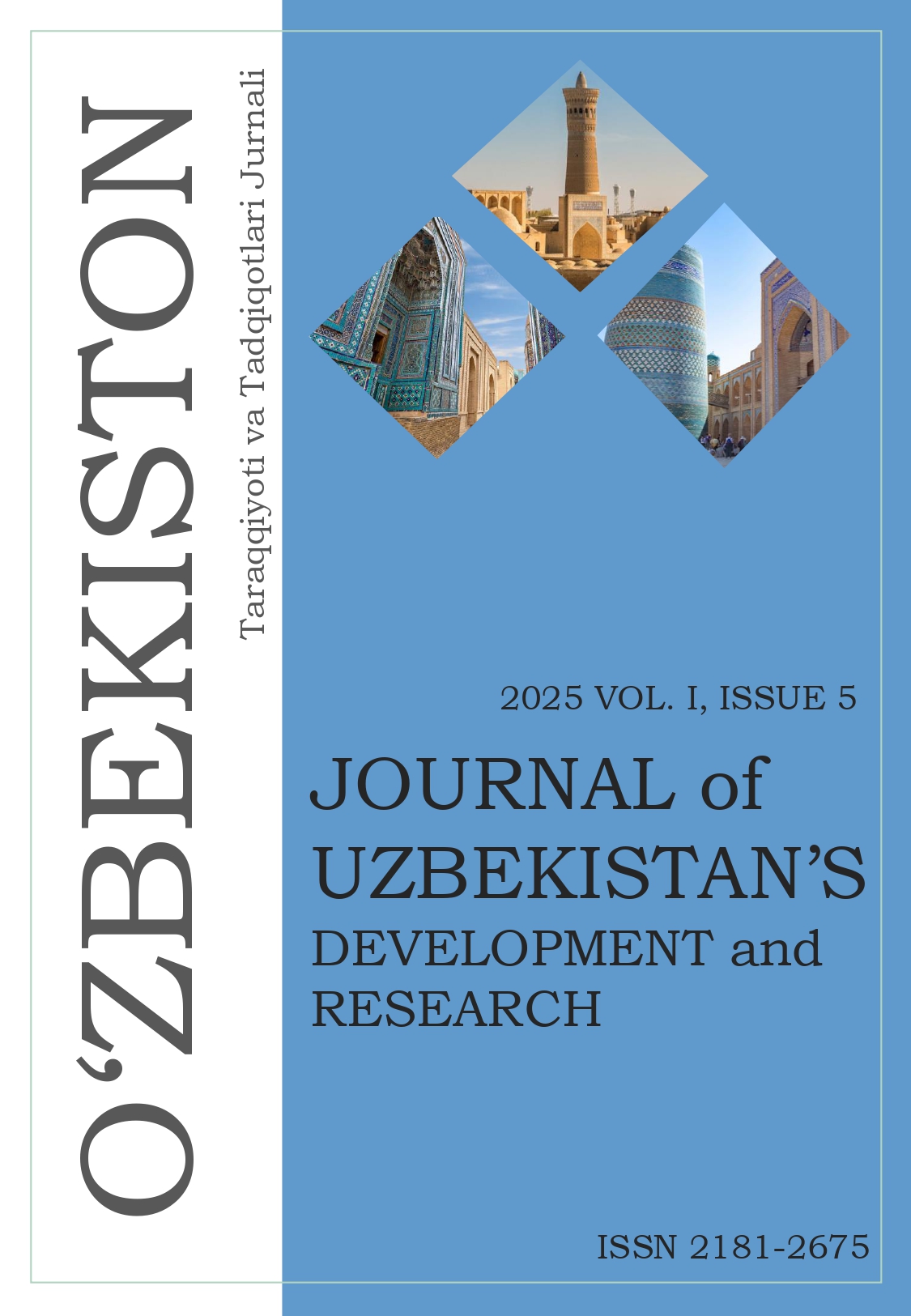A COMPARATIVE STUDY OF TRADITIONAL VS. SOCIAL MEDIA-BASED APPROACHES IN VOCABULARY ACQUISITION
Keywords:
vocabulary acquisition, EFL learners, social media-based learning, traditional methods, digital tools, language learning strategies, interactive learning.Abstract
This study explores the effectiveness of traditional versus social media-based methods in vocabulary acquisition among EFL learners. Drawing on previous research, it compares how learners engage with vocabulary through conventional classroom techniques and modern digital platforms. The findings suggest that social media-based learning fosters better retention, motivation, and contextual usage due to its interactive and authentic environment. While traditional methods provide structure and depth, social media encourages active participation and real-life application. The study highlights the importance of integrating both approaches to create a balanced and effective vocabulary learning experience.
References
1. Kabilan, M. K., Ahmad, N., & Abidin, M. J. Z. (2010). Facebook: An online environment for learning of English in institutions of higher education? Internet and Higher Education, 13(4), 179–187. https://doi.org/10.1016/j.iheduc.2010.07.003
2. Schmitt, N. (2008). Review article: Instructed second language vocabulary learning. Language Teaching Research, 12(3), 329–363. https://doi.org/10.1177/1362168808089921
3. Thorne, S. L., & Reinhardt, J. (2008). “Bridging activities,” new media literacies, and advanced foreign language proficiency. CALICO Journal, 25(3), 558–572. https://www.jstor.org/stable/24147844
4. Warschauer, M., & Kern, R. (2000). Network-based language teaching: Concepts and practice. Cambridge University Press.
5. Nation, I. S. P. (2001). Learning vocabulary in another language. Cambridge University Press.
6. Godwin-Jones, R. (2018). Using mobile technology to develop language skills and cultural understanding. Language Learning & Technology, 22(3), 104–120. http://llt.msu.edu/issues/october2018/emerging.pdf
7. Wang, S., & Vásquez, C. (2012). Web 2.0 and second language learning: What does the research tell us? CALICO Journal, 29(3), 412–430. https://doi.org/10.11139/cj.29.3.412-430
Published
Issue
Section
License
Copyright (c) 2025 Diorbek Ashirov (Author)

This work is licensed under a Creative Commons Attribution-NonCommercial-NoDerivatives 4.0 International License.
All Rights Reserved.





